How To Choose The Right Moisturizer For Your Skin Type
Understanding your skin type is the first step in choosing the right moisturizer. Everyone’s skin has unique needs, and what works for someone else’s skin might not be the best for yours. The four primary skin types are oily, dry, combination, and sensitive, and each type has different requirements.
Oily skin often looks shiny and may have larger pores. It’s prone to acne and breakouts due to excess sebum. For oily skin, you’d want a moisturizer that’s lightweight and oil-free, maybe a gel-based formula that hydrates without adding any greasiness.
Dry skin feels tight and may have flaky or rough patches. It needs more hydration and heavier moisturizing products. Look for rich, creamy formulas loaded with ingredients like hyaluronic acid and glycerin. These lock in moisture and support the skin’s natural barrier function.
Combination skin has both oily and dry areas. Usually, the T-zone (forehead, nose, and chin) is oily, while the cheeks are dry. Balancing this skin type might require using different moisturizers for different areas – a lighter lotion for the T-zone and a richer cream for the drier parts.
Sensitive skin gets irritated easily and can react negatively to many products. Fragrance-free, hypoallergenic moisturizers with soothing ingredients are key. Less is more here – the fewer the ingredients, the better to prevent irritation and keep things calm.
Choosing a moisturizer tailored to your skin type isn’t just about the texture but also about what ingredients it does or doesn’t contain. Getting to know your skin and its specific needs will help you pick products that keep your face feeling and looking its best.
Different Types of Moisturizers and Their Benefits
Not all moisturizers are created equal, and finding the right type can make a world of difference for your skin. Here’s a breakdown of the most common types and their benefits:
Gel moisturizers are lightweight and water-based, making them perfect for those with oily skin. They absorb quickly without leaving a greasy residue, keeping your skin hydrated and fresh all day.
Ointments are thicker and more occlusive, meaning they form a barrier to lock in moisture. These are excellent for very dry or itchy skin as they provide intensive hydration and relief.
Creams are a bit lighter than ointments but still quite hydrating and great for normal to dry skin types. They offer a balance between moisture and spreadability, making them an everyday staple.
Lotions are the lightest of all. They’re mostly water-based and ideal for oily or acne-prone skin. Lotions absorb quickly and don’t clog pores, helping to balance hydration without causing breakouts.
Your skin tone can also affect how visible dryness or irritation may appear. For those with darker skin tones, dry patches might show up more prominently. Thick moisturizers with ceramides, glycerin, and petroleum jelly can help keep the skin smooth and supple.
Choosing the right type of moisturizer helps in addressing your skin’s specific needs more effectively. Whether you need something light for the day or a richer product for nighttime nourishment, knowing these basics will guide you in the right direction.
Key Ingredients to Look For and What to Avoid
When picking a moisturizer, the ingredients list is your best friend. Certain ingredients can significantly boost your skin’s health, while others might do more harm than good.
✅For daily use, a moisturizer with at least SPF 30 is essential. Sun protection is a must to guard your skin against harmful UV rays. Look for products that combine hydration and UV protection for a streamlined routine.
Antioxidants such as green tea, chamomile, and pomegranate are fantastic for maintaining a fresh, healthy appearance. These ingredients fight free radicals and help keep your skin looking vibrant and youthful.
If your skin looks dull, seek out products that enhance brightness and clarity. Look for ingredients like Vitamin B3 (niacinamide) which can boost your skin’s radiance and even out your complexion.
Those with oily or acne-prone skin should consider products with alpha-hydroxy acids (AHAs) and non-comedogenic formulas. These help exfoliate gently without clogging pores and keep your skin smooth and clear.
For dry skin, focus on rich moisturizers packed with hyaluronic acid, dimethicone, and glycerin. These ingredients attract, bind, and retain moisture, giving you that soft and plump feel.
Sensitive skin types benefit from hypoallergenic, fragrance-free products with fewer than ten ingredients. Look for soothing components like ceramides, prebiotics, and phytosterols to calm any hypersensitivity and support the skin’s protective barrier.
If you have itchy or eczema-prone skin, thick ointments containing petrolatum can be very effective. In some cases, a 1% hydrocortisone cream can provide temporary relief from itching, but never overuse steroidal ingredients unless advised by a doctor.
❎Avoid products with unnecessary additives like colorings and perfumes, which can irritate the skin. Also, steer clear of heavy ingredients like lanolin and mineral oil on the face, as they can clog pores.
Too many acids can penetrate too deeply and cause irritation, especially for dry or sensitive skin types. Limit the use of urea and lactic acids if you have eczema or cracked skin, as they can worsen the situation.
Choosing the right ingredients in your moisturizer can help you achieve your best skin ever. By being mindful of what goes into your skincare products, you’ll navigate the beauty aisle with confidence and make selections that truly benefit your skin.
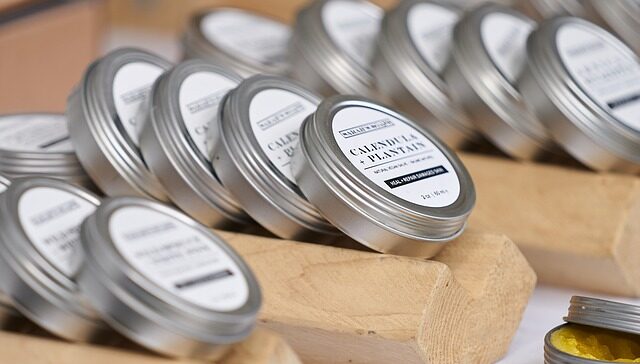
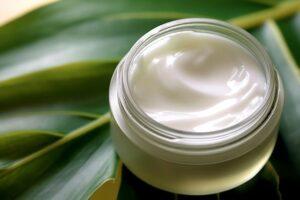

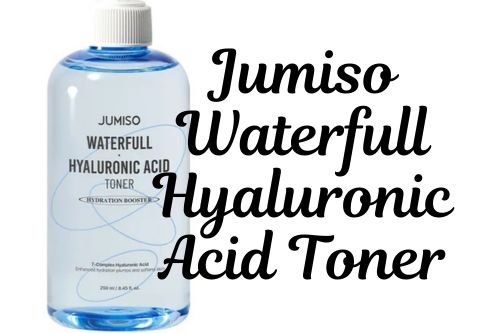
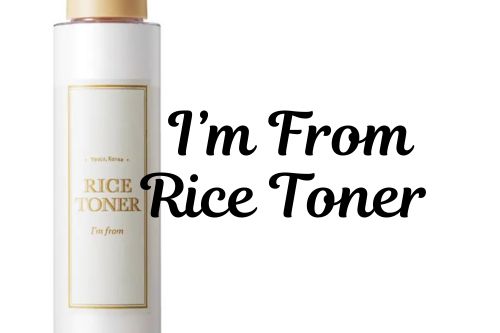


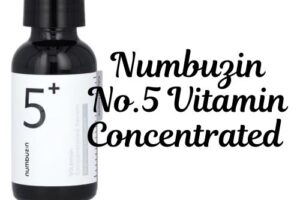
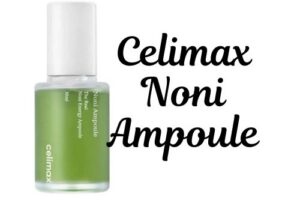
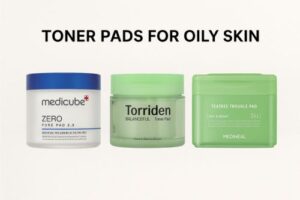
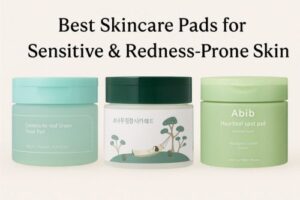
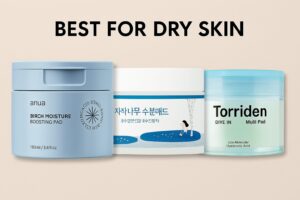
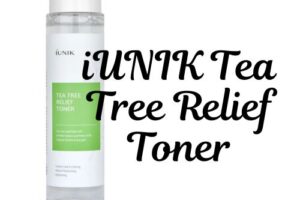
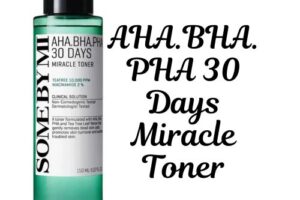
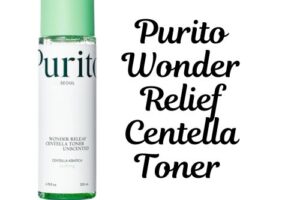
Post Comment